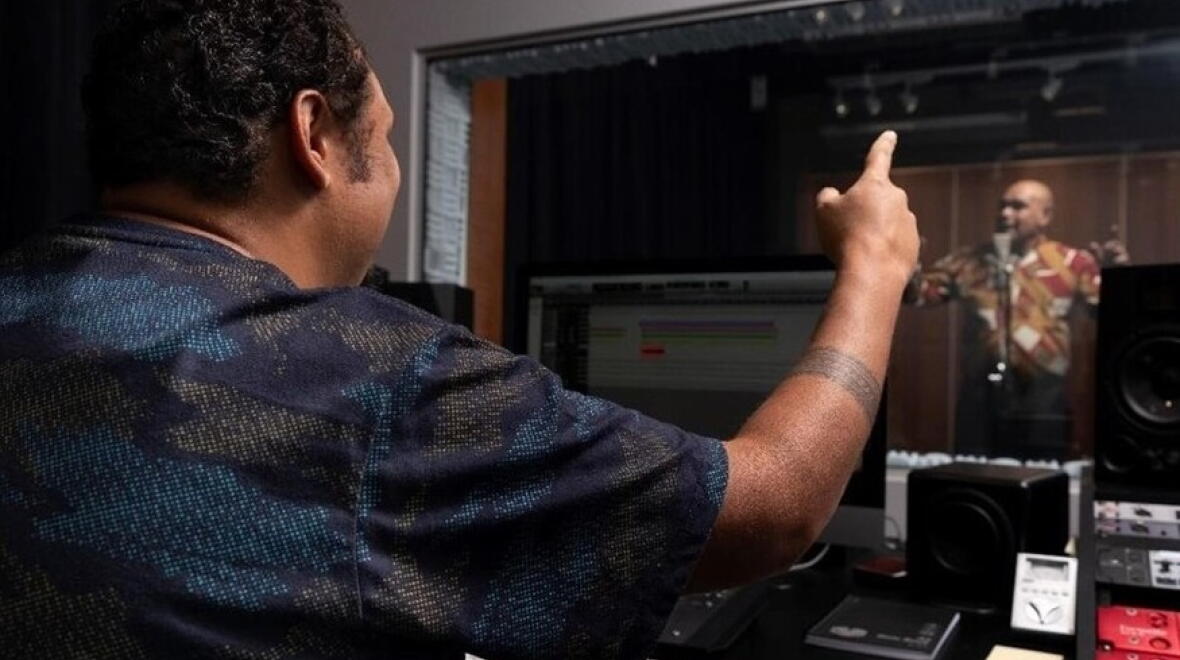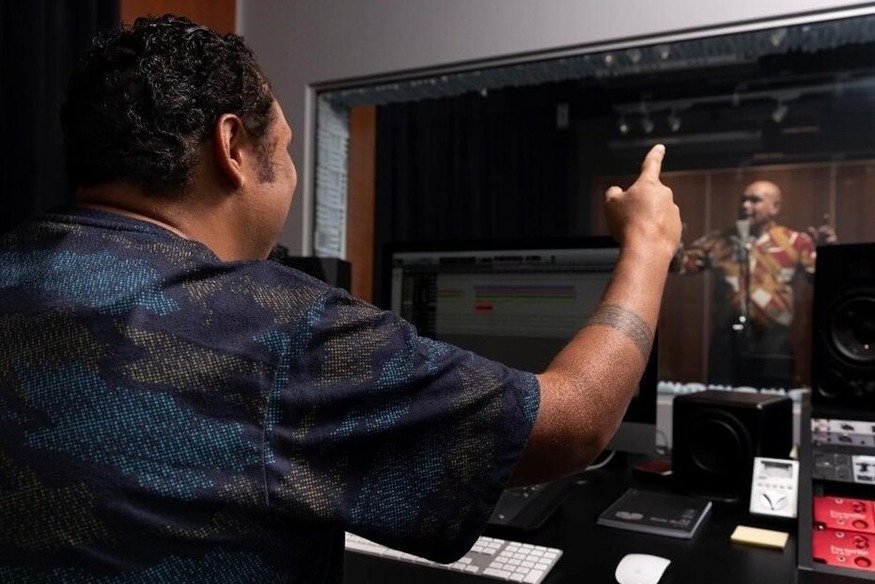
This impact area encompasses our efforts in First Nations Health, where we aim to improve health outcomes for First Nations People at clinical, systemic and policy levels. It also involves addressing mental health and wellbeing challenges exacerbated in the current post-COVID geopolitical era. We will play a pivotal role in precision medicine, utilising advanced diagnostics, data-powered prognostics, and new therapeutics to prioritise early diagnosis and disease prevention. We investigate the social, economic, human and ethical implications of health systems, interventions and technologies.
Indigenous Health and Wellbeing Grand Challenge (IHWGC)
The Indigenous Health and Wellbeing Grand Challenge (IHWGC)’s vision is to enable improvements in health and wellbeing outcomes among Aboriginal and Torres Strait Islander peoples using novel approaches and best practice principles. IHWGC benefits Aboriginal and Torres Strait Islander peoples and communities by empowering Aboriginal and Torres Strait Islander peoples, communities and services.
What matters to First Nations children in Australia? A new app is helping us find out
Australian children are among the healthiest in the world. However, First Nations children continue to be left behind. To break the cycle of disadvantage, we need to foster First Nations children’s wellbeing so they can enjoy strong, happy childhoods.
Research can help us achieve this, but there’s a critical challenge – how do we include the voices of First Nations children in the research that aims to support them? We must do this safely and effectively.
ANU researchers unlocking the full potential of RNA
Scientists at The Australian National University (ANU) are teaming up with the community to unlock the full potential of ribonucleic acid (RNA). It could lead to breakthroughs in everything from cancer treatments and new therapies for complex diseases, to age-related macular degeneration and crop resilience.
Learn MoreLink found between kneecap shape and debilitating joint disease
The shape of a person’s kneecap could be an indicator of whether they’re more at risk of developing osteoarthritis, according to a new study from The Australian National University (ANU).
Learn MoreDNA structure could hold key to our memory
A specific type of DNA structure could hold the key to regulating our memory, a new study from The Australian National University (ANU) has shown.
Learn MoreAI model to improve patient response to cancer therapy
A new artificial intelligence (AI) tool that can help to select the most suitable treatment for cancer patients has been developed by researchers at The Australian National University (ANU).
Learn More




